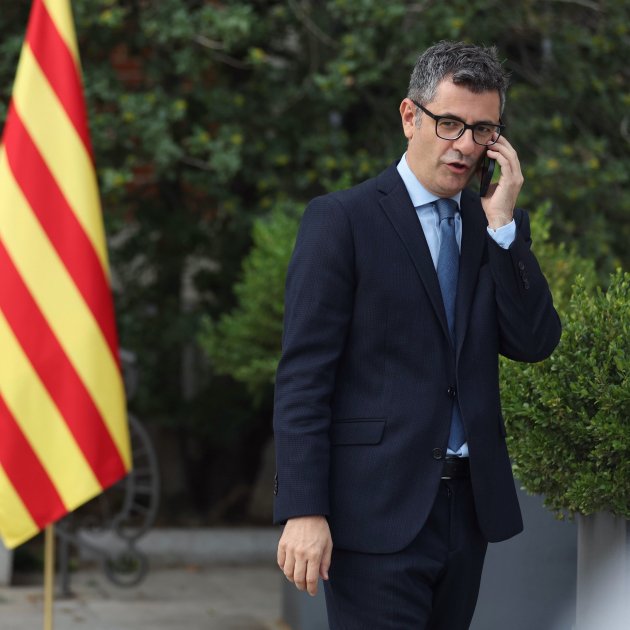As the Spanish political year winds down before the August break, the Pedro Sánchez cabinet this Monday was set to approve its new draft bill on official secrets, which will incorporate four categories of information, defining a period of 50 years for which the state's "top secrets" will be hidden from the public eye and will hand the responsibility for classified information to the prime minister's department, according to the Efe agency. And as well as the 50 years for declassification, there is also another half-century span associated with the new regulation, because the law it is intended to replace dates from 1968, and bears the signature of Luis Carrero Blanco, the admiral who later became head of Francisco Franco's unelected government.
The four categories which the Spanish government intends to implement with the new law mark the security treatment that each piece of information will receive. The draft law on classified information will establish the following four categories of protection: top secret, secret, confidential and restricted. Depending on the label given to each piece of classified information, the terms for declassifying it will range from four years - for restricted information - to 50 for top secret. This latter period has already been harshly criticised as excessively long by some of the minor parties upon whose votes the minority Sánchez government depends.
According to the Spanish government, the classification of information into these four categories will not be arbitrary, since the four divisions for state secrets have been drawn up based on common rules used among EU and NATO partners. The Moncloa government palace insists that this whole project is about adapting the treatment of classified information to the constitutional order, which began in 1978.
Key role of the PM's department
The law establishes a national authority for the protection of classified information, with powers, among others, to guarantee compliance with regulations, to coordinate and support the units of each ministry and to liaise with international authorities in the subject matter. Under the law passed in the latter years of the Franco dictatorship, the defence ministry was the authority responsible for classified information in Spain; finally, 54 years later, the draft now grants this competence to the ministry in charge of the prime minister's department, which is currently headed by Félix Bolaños.
From the Spanish government, this change is justified by repeating that it is a move that also aligns with practices in the vast majority of EU and NATO countries, because it is a transversal department involved in interministerial coordination. Nevertheless, after the great public confrontation between the heads of these two ministries following the Catalangate case, the sudden loss of power of Defence minister Margarita Robles has raised eyebrows. The Moncloa palace moves in advance to quell these suspicions, stating that the change has not caused any discomfort in the government.
